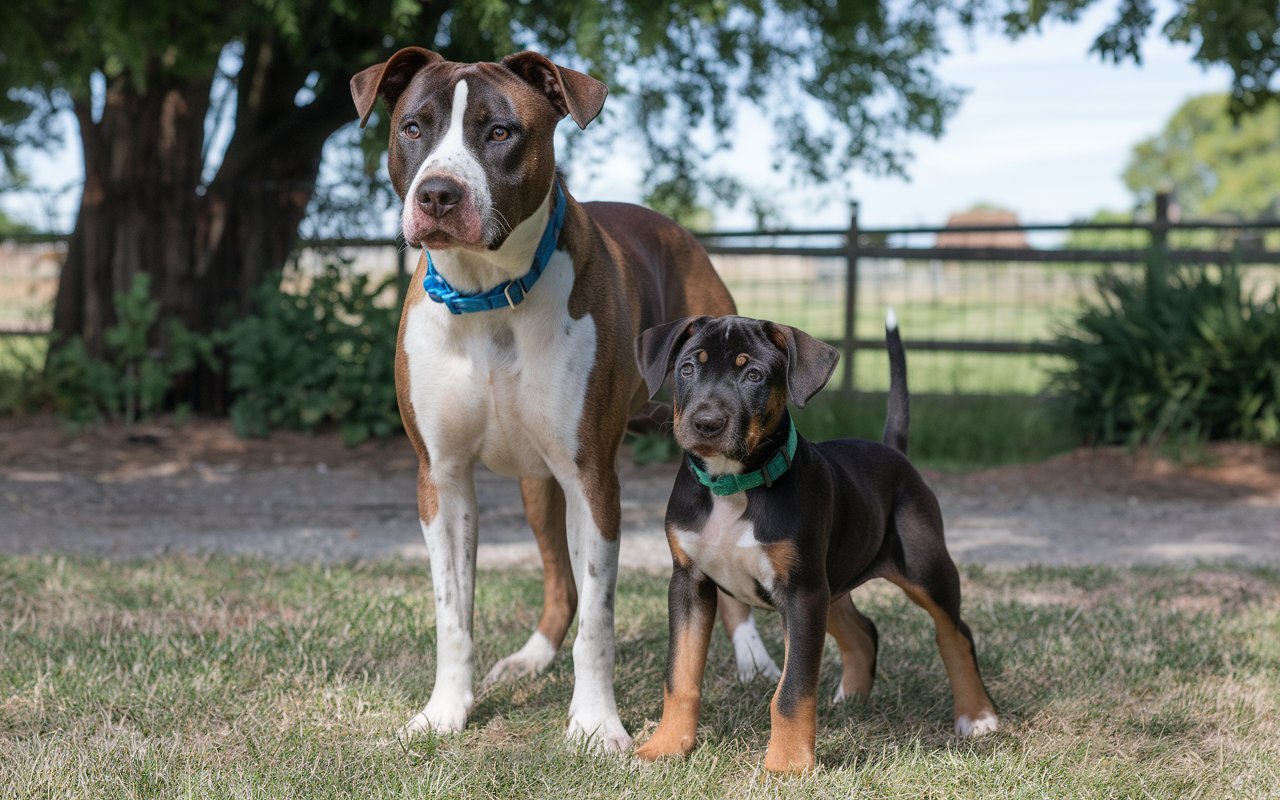Are Rescue Dogs Harder to Train Than Puppies?
Training a dog is a transformative journey that brings both challenges and rewards. The question of whether rescue dogs are harder to train than puppies often influences potential pet owners' decisions. Let us explore this topic comprehensively, examining the unique aspects of training both rescue dogs and puppies.
Understanding Rescue Dogs' Training Potential
Rescue dogs have diverse backgrounds and experiences that shape their trainability. While some may have experienced neglect or lack of training, this does not automatically make them harder to train. Each dog's ability to learn depends on individual factors like personality, breed characteristics, and past experiences rather than its origin.
Adult rescue dogs often have certain advantages in the training process. Many already understand basic house training and may know fundamental commands, providing a foundation on which to build.
Their longer attention spans and developed cognitive abilities can make them more receptive to new instructions. The misconception about rescue dogs being difficult to train stems from generalizations rather than facts. Research shows that adult dogs can learn new behaviors just as effectively as puppies, though they might require different approaches.
The Puppy Training Experience
Training puppies presents unique challenges. These young dogs require comprehensive behavior training in all aspects, from basic house training to socialization. Their high energy levels and short attention spans can make training sessions more demanding and time-consuming.
Puppies are essentially blank slates, which allows owners to shape their behavior from the beginning. However, this also means investing significant time in teaching everything from scratch, including basic manners and household rules. Puppies' developmental stages, particularly during adolescence, can complicate the training process. Between 5 and 6 months, puppies enter a challenging phase where they may test boundaries and exhibit regression in previously learned behaviors.

Comparing Training Approaches
Adult Rescue Dogs
Training adult rescue dogs often focuses on specific areas needing improvement rather than comprehensive basic training. Their maturity typically allows for longer training sessions and better focus.
Most rescue dogs show strong motivation to bond with their new families, which can enhance their learning process.
Puppies
Puppy training requires a more fundamental approach, covering all aspects of behavior development. Their training needs to be broken into shorter sessions due to limited attention spans. While puppies learn quickly, they require constant reinforcement and patience to develop good habits.
Factors Influencing Training Success
-
Individual Personality: Each dog's unique temperament affects trainability regardless of age or background
-
Previous Experiences: Past training or lack thereof shapes learning patterns
-
Consistency in Training: Regular, patient training yields better results
-
Environmental Stability: A secure, loving environment promotes better learning
Professional Training Considerations
Professional training can benefit both rescue dogs and puppies. For rescue dogs, trainers can help address specific behavioral issues while working with puppies focuses on establishing good habits early.
The investment in professional training often yields better results regardless of the dog's age or background.
Creating an Effective Training Environment
Success in dog training largely depends on establishing a stable, supportive environment. This includes creating consistent routines, using positive reinforcement techniques, and maintaining patience throughout the process.
Both rescue dogs and puppies thrive when given clear expectations and loving guidance.
Training Methods and Consistency
Training methods must be tailored differently for rescue dogs versus puppies. While puppies are blank slates requiring fundamental training in all areas, rescue dogs may need a specific focus on unlearning certain behaviors while building upon existing knowledge.
Both groups need to be consistent in their approach and use positive reinforcement techniques, though the intensity and duration of training sessions may vary depending on the individual dog's background and temperament.

The Role of Previous Experiences
A rescue dog's past experiences significantly influence their training journey. Some may have developed behavioral issues like food aggression or anxiety that require special attention.
However, this does not automatically make them harder to train - many rescue dogs show strong motivation to bond with their new families, which can enhance their learning process.
Time Investment and Expectations
The time required for training varies significantly between rescue dogs and puppies. While puppies typically need six months to two years of intensive training through their developmental stages rescue dogs might learn certain behaviors more quickly due to their maturity and longer attention spans. However, addressing specific behavioral issues in rescue dogs may require additional patience and specialized approaches based on their individual needs.
Frequently Asked Questions
Q: Do rescue dogs take longer to train?
A: Not necessarily. Training duration depends more on individual factors than whether the dog is rescued or not.
Q: Can older rescue dogs learn new behaviors?
A: Yes, adult dogs can effectively learn new behaviors and commands at any age.
Q: What's the main difference between training puppies and rescue dogs?
A: Puppies require comprehensive basic training, while rescue dogs might need focus on specific behaviors or unlearning certain habits.
Q: Are rescue dogs more difficult to house train?
A: Many rescue dogs are already house trained, potentially making this aspect easier than with puppies.
Conclusion
The notion that rescue dogs are harder to train than puppies is largely a myth. Both groups present unique challenges and opportunities in the training process. Success depends more on the owner's commitment, consistency, and understanding of their individual dog's needs than whether the dog is rescued or purchased as a puppy. With patience, proper techniques, and dedication, both rescue dogs and puppies can become well-trained, beloved family members.







